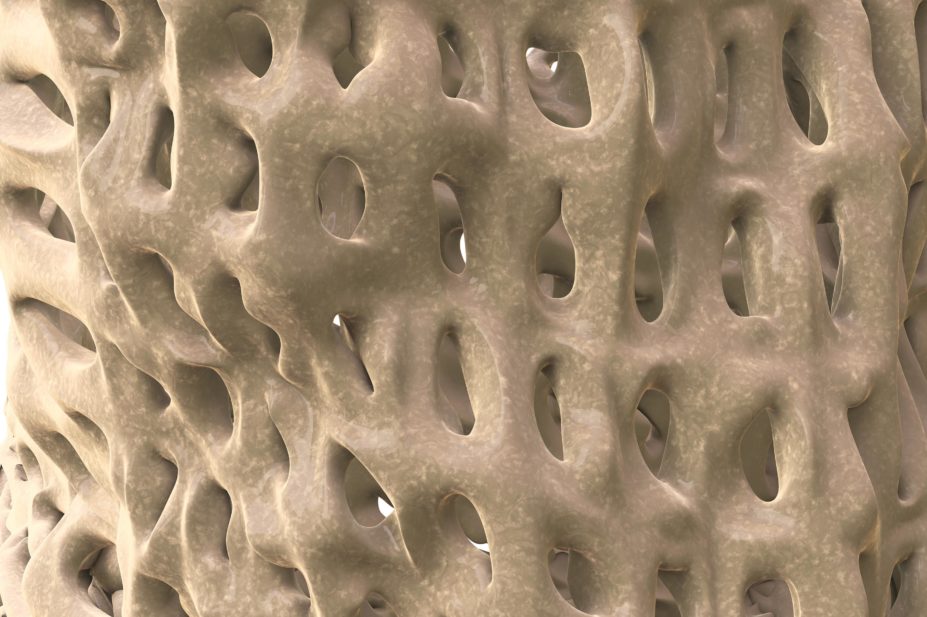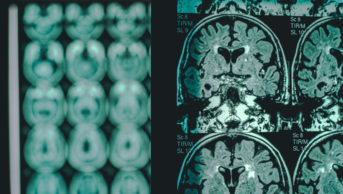
Shutterstock.com
HIV infection is commonly associated with bone loss, and this is enhanced during the first 48 weeks of antiretroviral therapy (ART).
In a phase II clinical trial, researchers tested whether a single dose of the bisphosphonate zoledronic acid at the time of ART initiation can prevent bone loss.
Among 63 patients, those assigned to zoledronic acid had 56% less bone resorption at 48 weeks than those assigned to placebo, an effect that was already observed within 12 weeks of ART. And bone mineral density at fracture-prone sites, such as the lumbar spine, increased in the zoledronic acid group but decreased in the placebo group.
Reporting at a conference in Boston, Massachusetts, on 22–25 February 2016[1]
, the researchers from Emory University in Atlanta say that their findings will need to be confirmed in a large, multicentre study.
References
[1] Ofotokun I, Titanji K, Vunnava A et al. A single dose zoledronic acid prevents antiretroviral-induced bone loss. Presented at: 2016 Conference on Retroviruses and Opportunistic Infections; 22-25 February 2016; Boston, Massachusetts.


